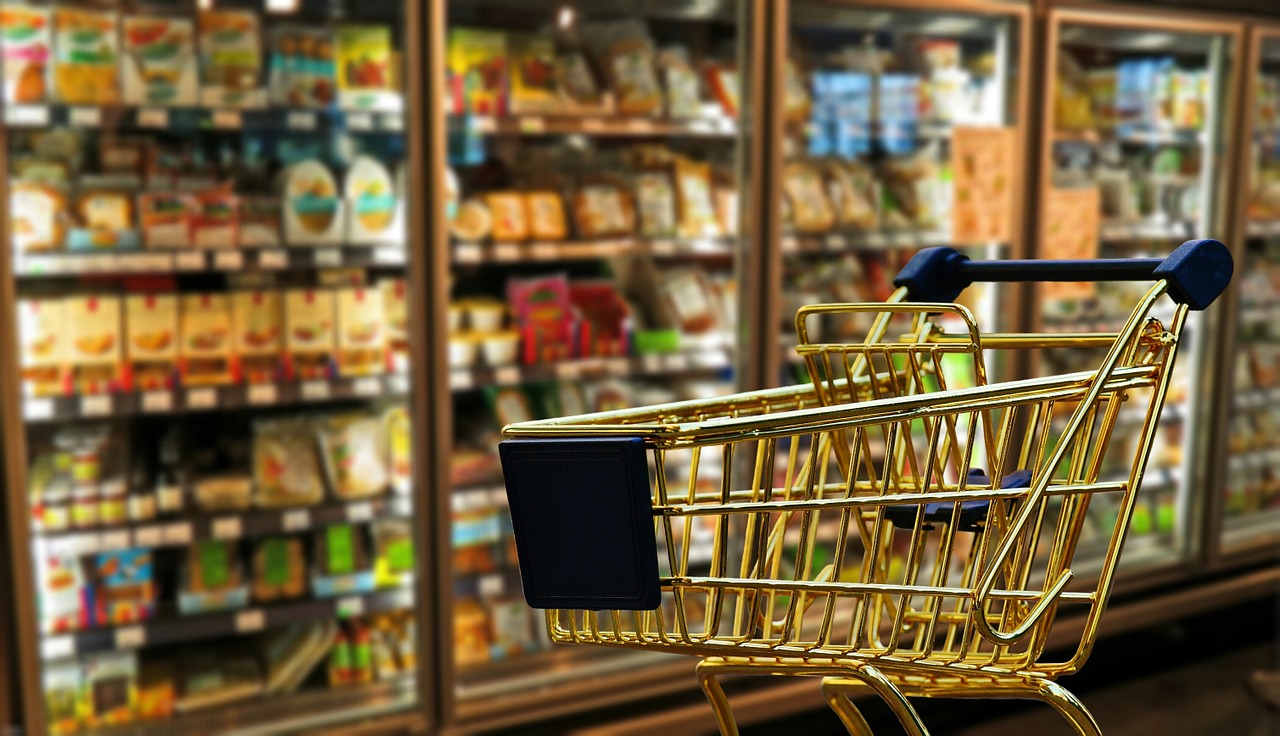
Retail sales in the UK has fallen in November as consumers tighten on spending amid uncertainty caused by Brexit and ahead of the December election.
The Office for National Statistics (ONS) reported that monthly retail sales in the UK went down by 0.6% in November, marking the fourth consecutive month without growth. Black Friday sales were not included in the data.
ONS statistician Rhian Murphy said: "All main sectors saw their sales fall with the exception of food stores." Black Friday fell on November 29 this year, several days after the ONS reporting period for the month ending November 23.
However, the ONS emphasized that it had adjusted calculations to include Black Friday discounting for its year-on-year analysis. Year-on-year results showed an increase of 1% for November, the weakest annual growth since April 2018 and way below the 2.1% rate forecast from economists.
Thomas Pugh, UK economist at consultancy Capital Economics, said: "At face value, November's further drop in retail sales is pretty concerning. Pugh predicted that even if Black Friday ended up having a bigger impact than calculated by ONS, it was "not a very merry Christmas for retailers".
According to Barclaycard, which processes almost £1 of every £3 spent in the UK, sales volumes from November 25 to December 2 increased by 7.1% compared with 2018 due to Black Friday, while sales value went up by 16.5%.
However, research by PwC and the Local Data Company showed that the retail industry in the UK has had a tough year overall, with a total of 1,234 stores closing down from the top 500 high streets during the first half.
Lisa Hooker, consumer markets leader at PwC, said: "The decline in store numbers in the first half of 2019 shows that there's been no let-up in the changing ways that people shop and the cost pressures affecting High Street operators."
She added that retailers must invest more in making stores "relevant to today's consumers", but "new and different types of operators" needed encouragement to fill vacant space.






